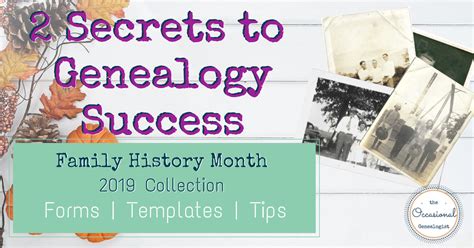10+ Aurora Beacon Obituary Tips For Genealogy Success

Aurora Beacon obituaries are a treasure trove of information for genealogists and researchers. The Aurora Beacon, a newspaper that has been in publication since 1836, has a long history of providing detailed obituaries that can help researchers uncover valuable information about their ancestors. In this article, we will provide 10+ tips for using Aurora Beacon obituaries to achieve genealogy success.
Understanding the Importance of Obituaries in Genealogy Research
Obituaries are a crucial resource for genealogists, providing a wealth of information about an individual’s life, including their birth and death dates, parents, spouses, children, and other relatives. They can also include details about a person’s occupation, education, and military service, as well as their hobbies and interests. By analyzing obituaries, researchers can gain a deeper understanding of their ancestors’ lives and connect with distant relatives.
Tip 1: Start with Online Archives
The Aurora Beacon has an online archive of obituaries that can be searched by name, date, and keyword. This is a great place to start your research, as it allows you to quickly and easily search for obituaries of interest. You can also use online genealogy platforms, such as Ancestry.com or Newspapers.com, to access the Aurora Beacon’s obituary archives.
Tip 2: Use Specific Search Terms
To get the most out of your search, use specific search terms, such as the individual’s name, dates of birth and death, and location. You can also use keywords related to the person’s occupation, education, or military service to narrow down your search.
Tip 3: Analyze the Obituary
Once you’ve found an obituary of interest, take the time to carefully analyze it. Look for details about the individual’s life, including their relationships, occupation, and education. Also, pay attention to any inconsistencies or discrepancies in the information provided.
Tip 4: Verify Information
While obituaries can be a valuable resource, they are not always accurate. It’s essential to verify the information provided in the obituary with other sources, such as birth and death certificates, census records, and other documents.
Tip 5: Look for Clues
Obituaries often contain clues that can help you in your research. Look for mentions of other relatives, friends, or acquaintances, as well as any references to specific locations or events.
| Tip | Description |
|---|---|
| Tip 6: Use Obituary Maps | Obituary maps can help you visualize the relationships between individuals and identify patterns and trends in your research. |
| Tip 7: Join a Genealogy Community | Joining a genealogy community, such as a local genealogical society or online forum, can provide you with access to additional resources and expertise. |
| Tip 8: Use Interlibrary Loan | If you're unable to access the Aurora Beacon's archives in person, consider using interlibrary loan to request copies of obituaries from other libraries. |
| Tip 9: Take Notes | Take detailed notes as you research, including any information you find in obituaries, as well as any questions or leads you want to pursue further. |
| Tip 10: Be Patient | Genealogy research can be time-consuming and frustrating at times. Be patient and persistent, and don't be afraid to ask for help when you need it. |
Advanced Tips for Using Aurora Beacon Obituaries
In addition to the tips outlined above, there are several advanced strategies you can use to get the most out of Aurora Beacon obituaries. These include using obituary indexes to quickly locate specific obituaries, as well as analyzing the language and tone used in the obituary to gain a deeper understanding of the individual’s life and relationships.
Tip 11: Use Obituary Indexes
Obituary indexes can be a valuable resource for quickly locating specific obituaries. These indexes typically include the name of the individual, the date of the obituary, and a brief summary of the information provided.
Tip 12: Analyze the Language and Tone
The language and tone used in an obituary can provide valuable insights into the individual’s life and relationships. Look for clues about the person’s personality, values, and beliefs, as well as any hints about their relationships with others.
Tip 13: Look for Patterns and Trends
By analyzing multiple obituaries, you can look for patterns and trends that can help you in your research. For example, you may notice that a particular family or group of individuals is mentioned frequently in the obituaries, or that certain locations or events are referenced repeatedly.
What is the best way to search for obituaries in the Aurora Beacon?
+The best way to search for obituaries in the Aurora Beacon is to use the online archives and search by name, date, and keyword. You can also use online genealogy platforms, such as Ancestry.com or Newspapers.com, to access the Aurora Beacon’s obituary archives.
How can I verify the information provided in an obituary?
+To verify the information provided in an obituary, you can check other sources, such as birth and death certificates, census records, and other documents. You can also try to contact other relatives or individuals mentioned in the obituary to confirm the information.
What are some common mistakes to avoid when using obituaries for genealogy research?
+Some common mistakes to avoid when using obituaries for genealogy research include assuming that the information provided is always accurate, not verifying the information with other sources, and not considering alternative sources and resources. It’s also important to be patient and persistent, and not to get discouraged if you don’t find what you’re looking for right away.


